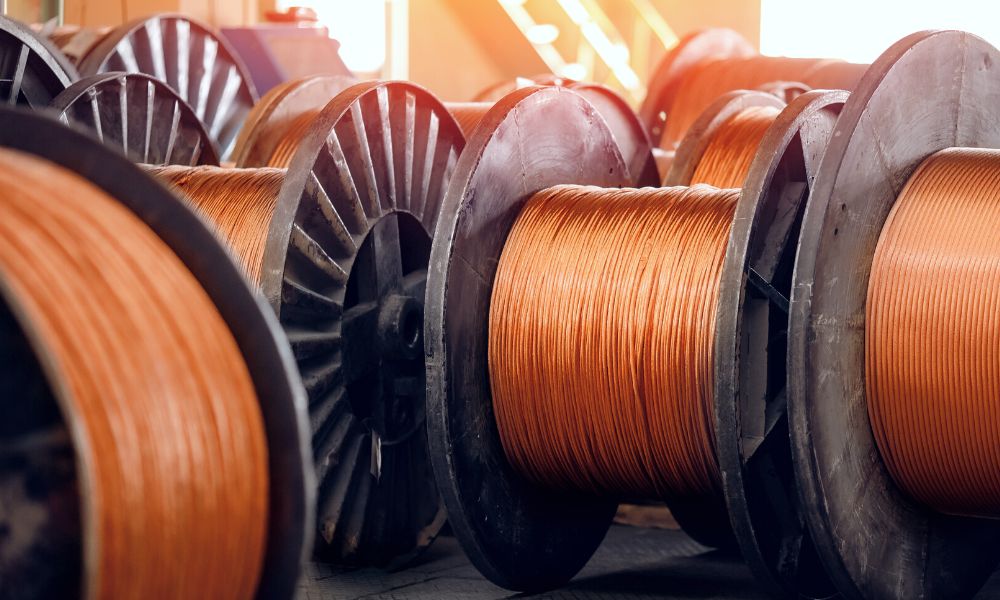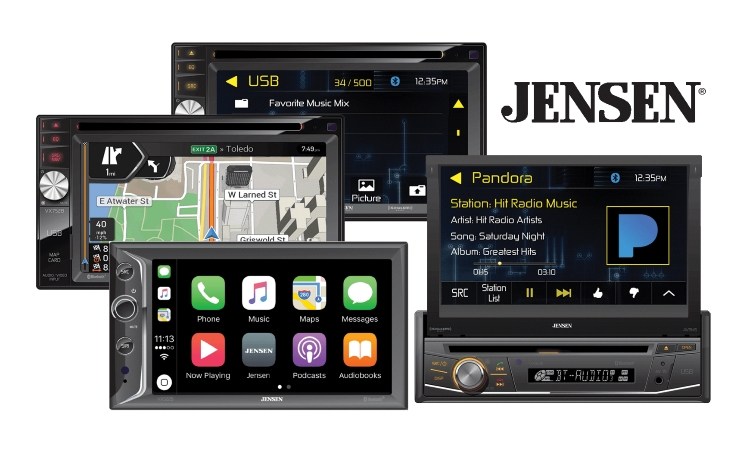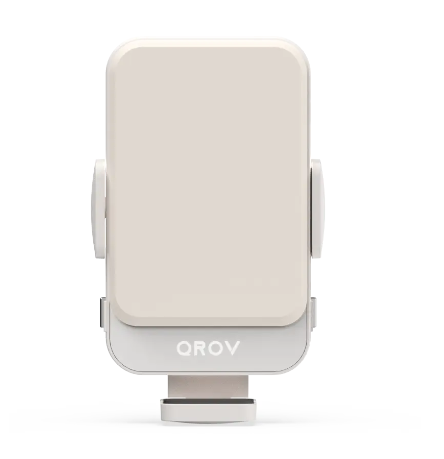The Most Common Industrial Applications of Copper

Copper is a highly versatile material with many applications in various industries. It has excellent electrical and heat conductivity, making it an ideal choice for electronics, construction, and other industrial applications. It also has good corrosion resistance, making it popular in many manufacturing processes. Here are the most common industrial applications of copper.
Electronics
Copper is essential in the electronics industry due to its excellent electrical conductivity and heat transfer properties. It is widely used for various applications such as wiring, cables, printed circuit boards (PCB), connectors, and semiconductor chips. Copper wires are usually made from stranded or solid-core copper, which offers better flexibility for complex designs than other materials like aluminum. They are also often insulated with various plastic coatings, depending on their purpose. Copper also has great resistance against corrosion, making it suitable for outdoor installations that require weatherproofing capabilities over extended periods without any deterioration issues after long-term use.
Construction
Copper is widely used in construction due to its durability and malleability. It is common in plumbing applications. One of the reasons that copper is used for water pipes is that it is resistant to corrosion and can last longer than other materials, such as plastic or steel. Copper also has superior thermal conductivity, making it a popular choice for heating systems since it maximizes energy efficiency by minimizing heat loss.
Apart from piping, copper is also employed for architectural designs such as roofing, exterior cladding, and balcony railings. Copper alloys are often used in bridge construction or other large infrastructure projects due to their strength and lightweight nature.
Transportation
The transportation industry also makes use of copper’s versatile qualities. Copper wires in automobiles form complex electrical systems that power all the features of modern vehicles, including lighting, navigation, and entertainment systems. Copper cables also perform better than other materials, such as aluminum, due to their excellent conductivity, allowing for more efficient power transmission over long distances without any signal loss or distortion.
Copper is valuable in aircraft engines and turbines, where it maximizes fuel efficiency while reducing noise and emission levels. Furthermore, copper has superb resistance against oil, grease, and water corrosion, making it suitable for components exposed to harsh environments like jet engine interiors.
Now that you know three common industrial uses for copper, you can better understand this essential material’s versatility. Copper may be the way to go if you’re looking for a strong, lightweight, and malleable material with various benefits.





